OpenDyslexic and Dyslexie are fonts which are developed specifically for dyslexic people. OpenDyslexic is a good place to start as it is a free download and works with Microsoft Office and can be added to a Kindle. This give you an idea of whether using dyslexia friendly font helps you are not.
Dyslexie precedes OpenDyslexic as a dyslexia friendly font; however, you do need to pay to use this font – don’t let that put you off. It is a slightly different form to that of OpenDyslexic and integrates better with more devices. My recommendation would be to start with OpenDyslexic then review Dyslexie later and see if it better suits your needs.
This hack is using OpenDyslexic font.





